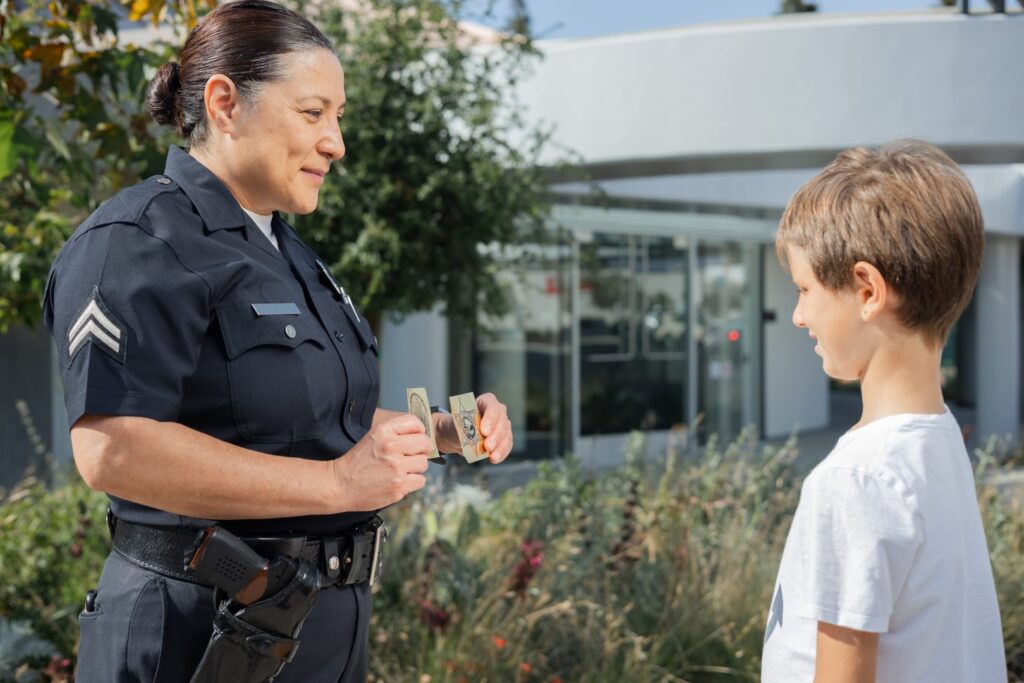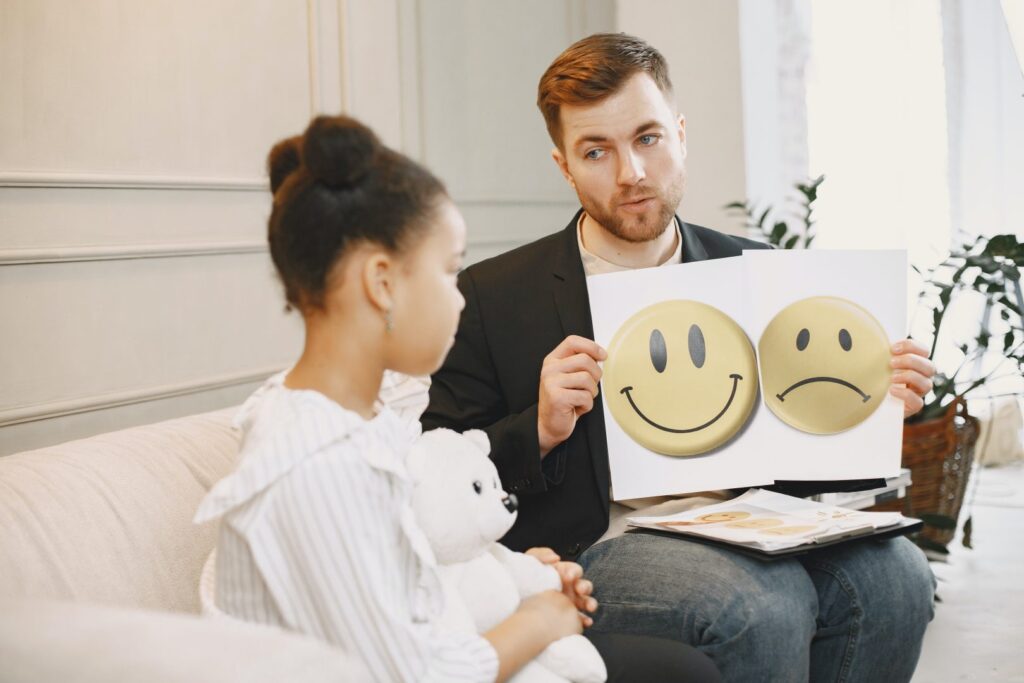Children chat with many people online, and sometimes they might receive an inappropriate picture. Adults and children enjoy consuming every piece of pie the Internet offers.
Unfortunately, besides engaging, informative, and fun content, our children can run into unpleasant things online. Inappropriate pictures are often shared on the Internet to harm our little ones’ well-being.
Receiving an inappropriate picture can upset our children and usually negatively affects their mental development.
Don’t hesitate to react if your child has received an inappropriate picture. Remember, these unpleasant behaviors are repetitive and demand proper measures!
Signs Your Child Might Have Received an Inappropriate Picture
Studies show that about 54% of young children have been exposed to these types of pictures. Children exposed to inappropriate pictures are confused, shocked, ashamed, and sometimes even feel guilty.
Dealing with your child receiving inappropriate pictures is challenging and needs your maximum attention and effort.

Children begin to react strangely and change their usual behavior. You can even tell by your child’s look. It won’t be the same!
The most recognizable sign is isolation. And if your children are traumatized by the pictures, they won’t even check their phones.
You know it’s serious when children avoid their phones! Due to isolation, children lose interest in daily activities, school, family, and friends.
When you enter their room and look at their screens, they immediately change screens. Or if you have a chance to look at their browsing history or inboxes, you will find them empty.
Building Open Communication Channels
Creating a safe environment for discussion will help your child feel free and interact with you without stress and shyness.
Discuss what proper technology use looks like and analyze online behavior together. Proper online behavior includes:
- Respect others and be friendly;
- Don’t interfere with other user’s privacy and keep your personal information private;
- Don’t post explicit images and videos, or aggressive and discriminative content;
- Report inappropriate immediately;

Point out the fact that online dangers are similar to real-life dangers and shouldn’t be hidden from parents/caregivers. Embrace trusty relations with your children, and emphasize solving problems together.
Steps to Take When Your Child Receives an Inappropriate Picture
When you break the ice, and your children feel free to show you the content on their smartphone, it’s time to react responsibly.
Don’t raise your tone, and watch over your facial expressions. Stay calm, and try to calm your child, which might even cry.
Be cautious, and don’t delete the received pictures. You can document the explicit content and report it to the authorities.
After that, distance your children from the social media platforms they received the explicit images to prevent further harm.
Reporting to the Authorities: What You Need to Know
Going to the local law enforcement is not an easy decision to make but children’s protection and security is our biggest job as parents/caregivers.
In cases like this, where children’s well-being is affected by inappropriate pictures, immediately report to law enforcement.

Explain the whole situation and what happened, including your child’s involvement in the situation. Provide evidence for the investigation and collaborate with the authorities.
Involving the School or Educational Institution
No matter who was the sender of the inappropriate content you can inform the school management and other staff of the unpleasant situation.
Schools are relevant institutions that provide education and also protect children’s rights. The school and counseling team can approach the victim and provide support in and out of the school.
Also, they can send a strong message to the rest of their students, emphasizing the dangers of sharing explicit pictures.
Seeking Professional Help for Your Child
The stormy period your child runs into when receiving an inappropriate picture is not simple at all.
Sometimes the withdrawal and constant feeling of guilt combined with shame and fear can cause other mental problems like anxiety, panic attacks, and depression.
Therefore seeking professional help is a must thing to do. The experts proven in their specialty can help victimized children overcome fears and feelings of guilt.

Some programs, such as Bark and SOSA, are ideal support for children that have been traumatized by inappropriate online behaviors.
Addressing the Source: Dealing with the Sender
Witnessing your child being a victim of inappropriate behavior is a really hard battle to fight.
After you identify the sender of the picture, you need to file a police complaint and take legal action to resolve the problem with the sender.
Also, contact online platforms and insist on removing the pictures or inappropriate users.
Strengthening Online Safety Measures for Your Child
When your child becomes a victim, it seems that there is nothing left to say. But you are wrong. Take a deep breath and carefully communicate with your little one.
Teach your children to be careful about their online behavior and never harm other users. Shortly, educate your children on how to become digital citizens.
Tell your children to protect themselves and their personal information by lowering their social media activity.
Monitor your children’s online activities with the help of parental control apps. Children’s safety means everything.

Conclusion
We all live by a schedule rushing to accomplish our daily chores. Somehow we race with time and let many important things pass by.
We struggle, we fight, but we lose control. One stormy minute is enough to push us away from our path.
Don’t let that stormy minute affect your children’s well-being. Be there for them. They need You!
FAQs
Should I contact the parents of the person who sent the picture?
If you know the sender of the picture, you must inform the sender’s parents or other relatives before taking other measures.
How can I prevent my child from receiving inappropriate pictures?
You can prevent your children from receiving inappropriate pictures by turning on browser filters, like Google SafeSearch, that block explicit websites or by monitoring your children’s online activity with parental control apps.
Will reporting the incident affect my child’s future?
Reporting the incident will not affect your child’s future. It may take a toll on your children’s mental health, but reporting the incident won’t do any harm.
What can I do if law enforcement doesn’t respond immediately?
If law enforcement doesn’t respond to you immediately, you can file a complaint with the higher authorities.
How common is it for children to receive inappropriate pictures?
Studies show devastating results. 54% of young children receive or send explicit images!
ALSO READ: Do Video Games Cause Anxiety in Children







